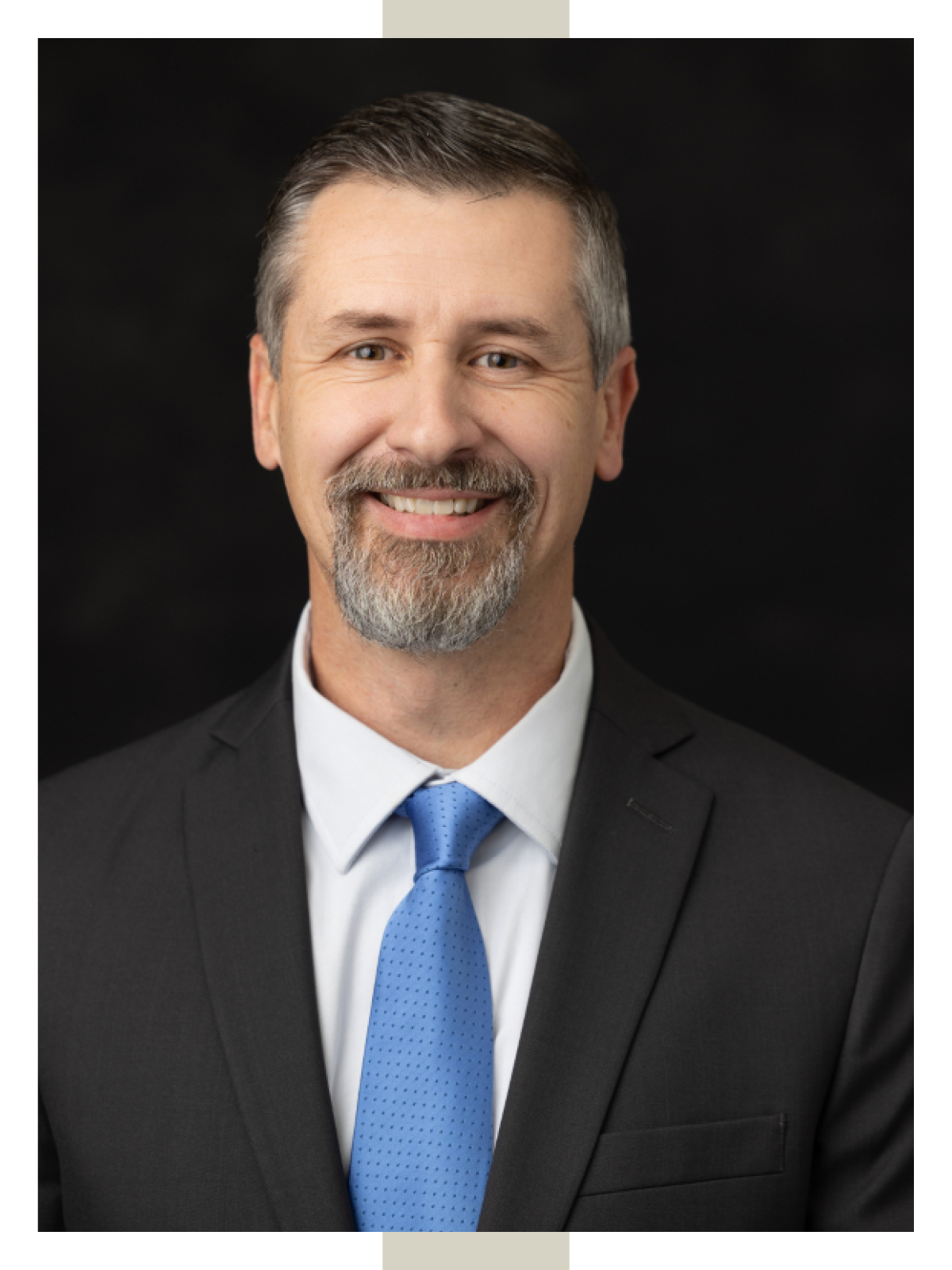
R. Scott Tubbs
Tubbs, a cropping systems agronomist and CAES professor, was recently awarded the CAES Outstanding Mentor Award and back-to-back Bailey Awards from the American Peanut Research and Education Society.
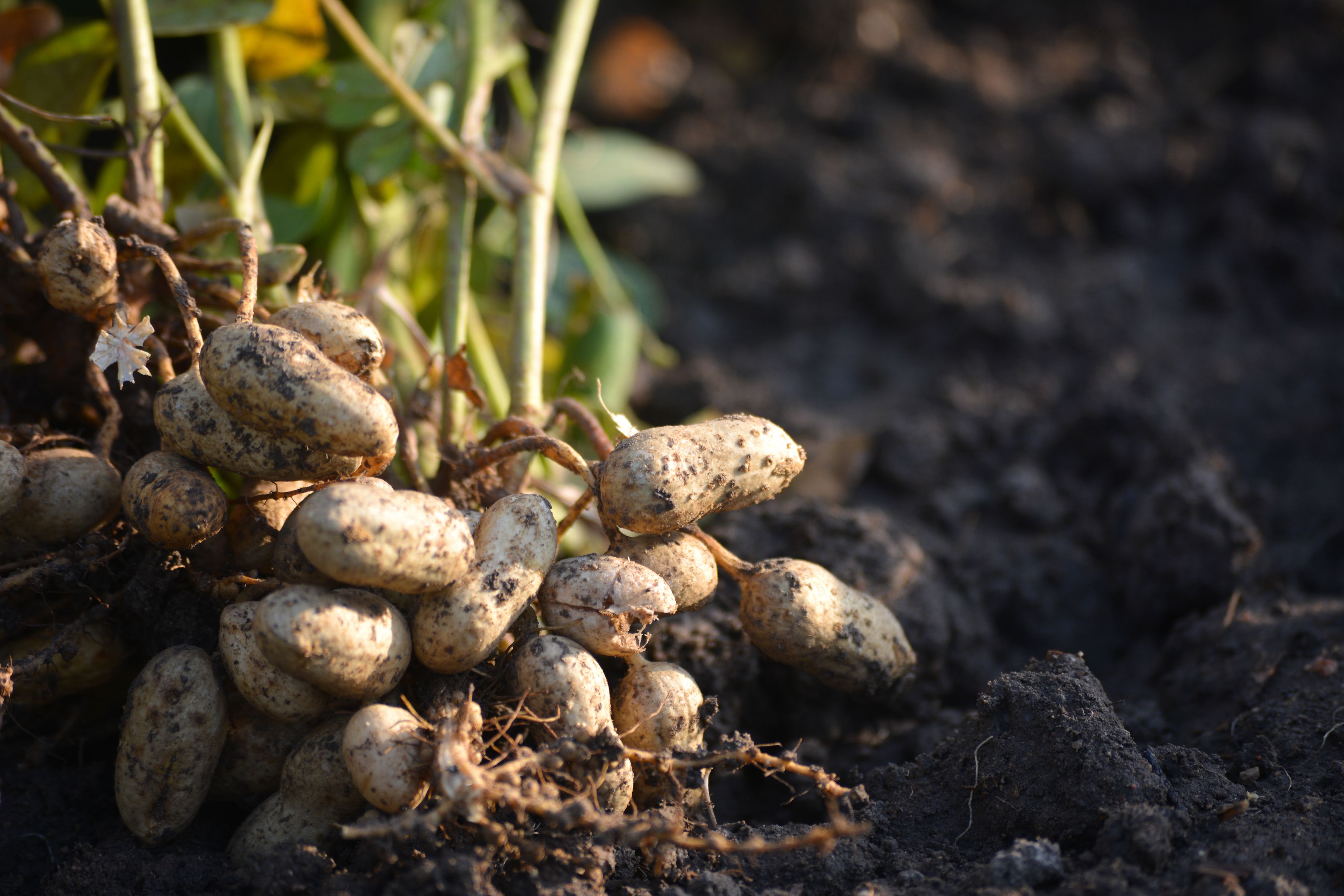
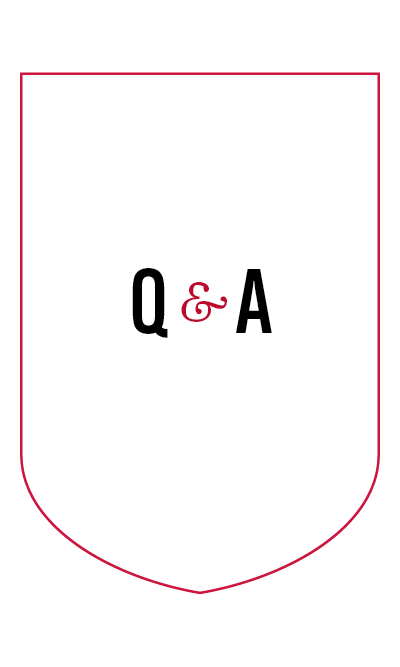
Tell us about your academic or career path. How did you get to your current position?
I didn't grow up in a traditional agriculture family. My only exposure to agriculture growing up was going into my grandfather's small, roughly 1,000-square-foot garden as a child to help him pick beans and shell peas by hand.
As an undergraduate, I was studying general business but decided I wanted something more specialized and preferred smaller class sizes. One Saturday during my junior year, I reviewed every undergraduate major (A to Z in the undergraduate catalog) offered at the University of Florida (UF) and came across a degree in agricultural operations management. The degree requirements incorporated the general business courses I had already completed but gave me the more specialized focus I was hoping for.
After receiving my bachelor’s degree, I entered graduate school at UF to work on a non-thesis master’s degree. This is typically a terminal degree as a non-thesis option, as I had no desire to continue with a Ph.D. program.
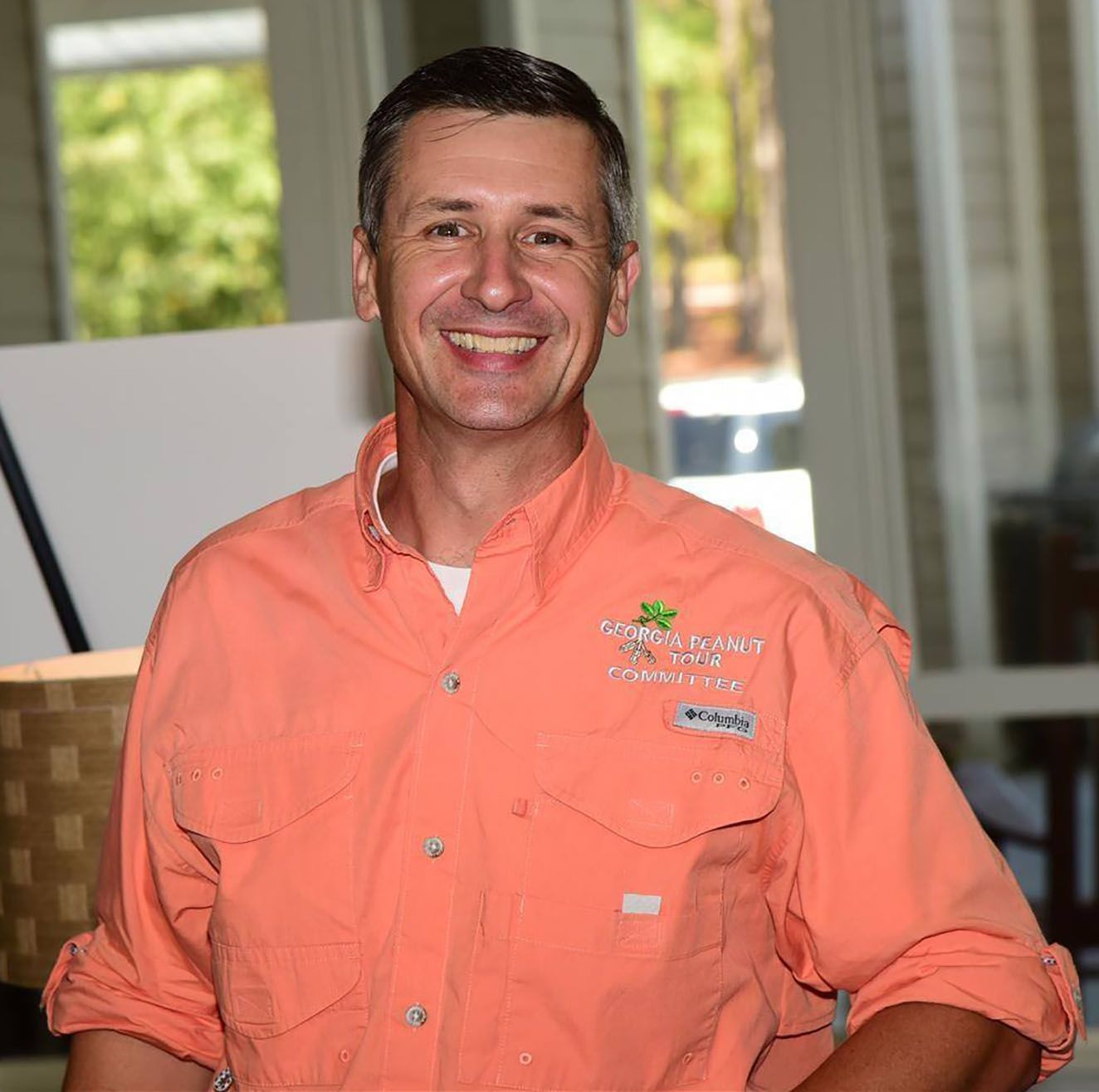
Tubbs speaks with members of the peanut industry at the annual Georgia Peanut Tour.
Tubbs speaks with members of the peanut industry at the annual Georgia Peanut Tour.
However, a professor saw potential in me and said I would make a great Ph.D. student, so he asked me to do some extra work not usually required of a non-thesis student to show that that I was capable of comparable work to a traditional master’s degree student who completes a thesis.
I wrote extra research reports and presented my research at professional society meetings, winning some awards along the way. Hence, the agronomy department accepted me into the Ph.D. program on a teaching assistantship instead of a research assistantship to further prove myself.
Four years later I was hooded. After a stint as a postdoctoral research assistant with the U.S. Department of Agriculture’s Agricultural Research Services in Lincoln, Nebraska, I was offered my current position as cropping systems agronomist with University of Georgia.
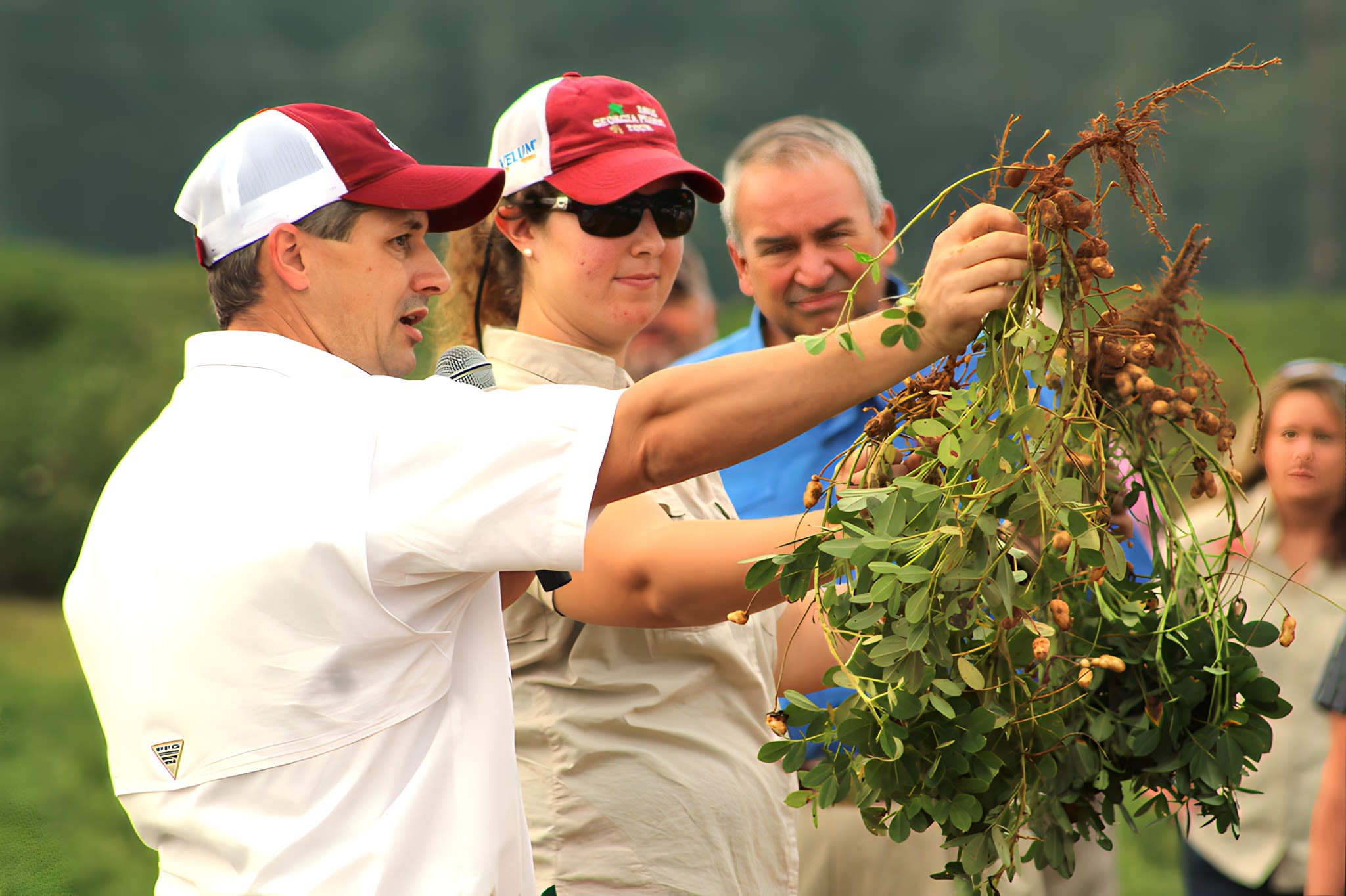
Tubbs and other members of the UGA Peanut Team present research findings during the annual Cotton and Peanut Field Day.
Tubbs and other members of the UGA Peanut Team present research findings during the annual Cotton and Peanut Field Day.
What brought you to CAES?
My love for the peanut crop was the largest draw to UGA CAES. I conducted much of my dissertation research on crop rotations and on agronomic practices for improved peanut production. The position description for my current role fit my experience very closely.
There is no better state to work in if you are a peanut scientist than Georgia because of the size of the industry and the resources available to conduct work on this commodity.
Why did you choose your field?
I love working with peanut for several reasons. It is the staple ingredient in many ready-to-use therapeutic foods (RUTF) because it is dense with nutrients and protein-rich and also will not easily spoil because of a dense oil concentration. Some other commodities used as bases for RUTFs contain more water, which can spoil more easily. Not to mention that it is an easily palatable food because of its great taste.
From a humanitarian perspective, there is no better food crop for combating world hunger.
I chose to specialize in agronomy and cropping systems because knowing how management practices and the environment affect growth of a crop is key to determining whether it is a good fit for meeting the needs of the grower.
In the U.S., most peanut farmers grow the crop for revenue, yet it also is a very sustainable crop since it requires few fertilizer inputs — it is a legume, so it biologically fixes nitrogen, and is also a good scavenger of other major nutrients such as phosphorus and potassium. The recycling of nutrients provides benefits to subsequent crops in the rotation as well. In developing countries, peanut is a subsistence crop important in meeting the dietary needs for survival.
Knowing whether a crop will thrive or fail in various environments is key, and sometimes a different crop is more suitable for the soil type, climate, viable management techniques or equipment available.
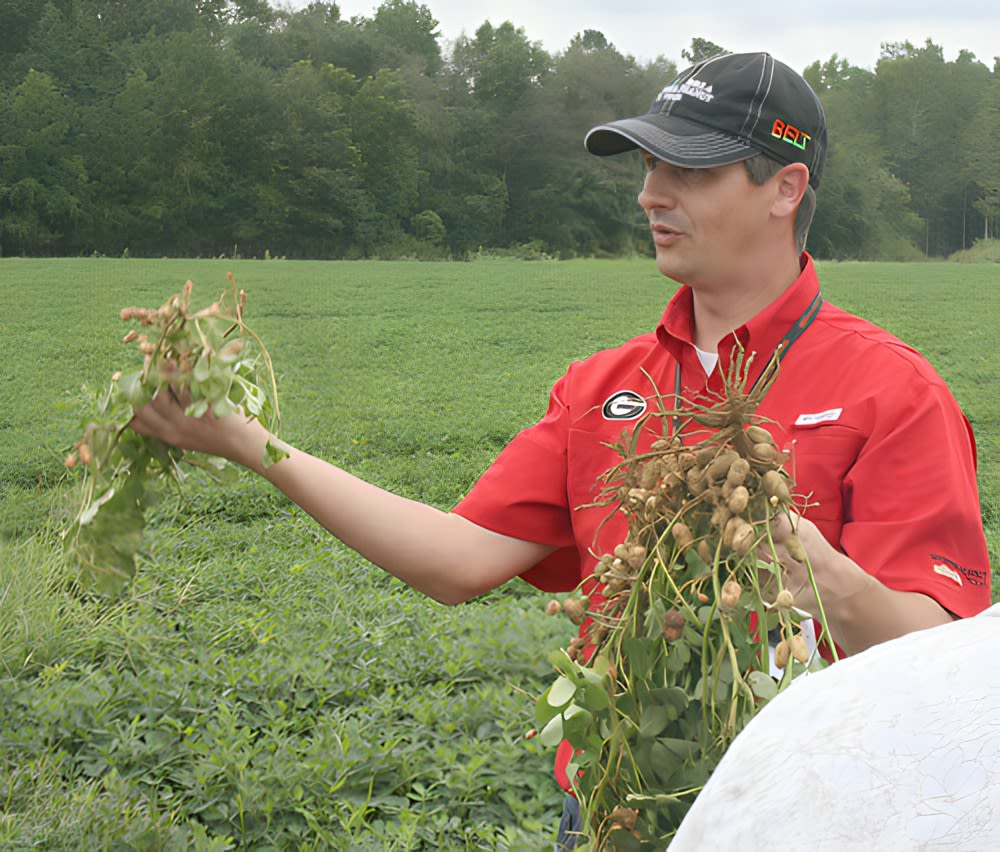
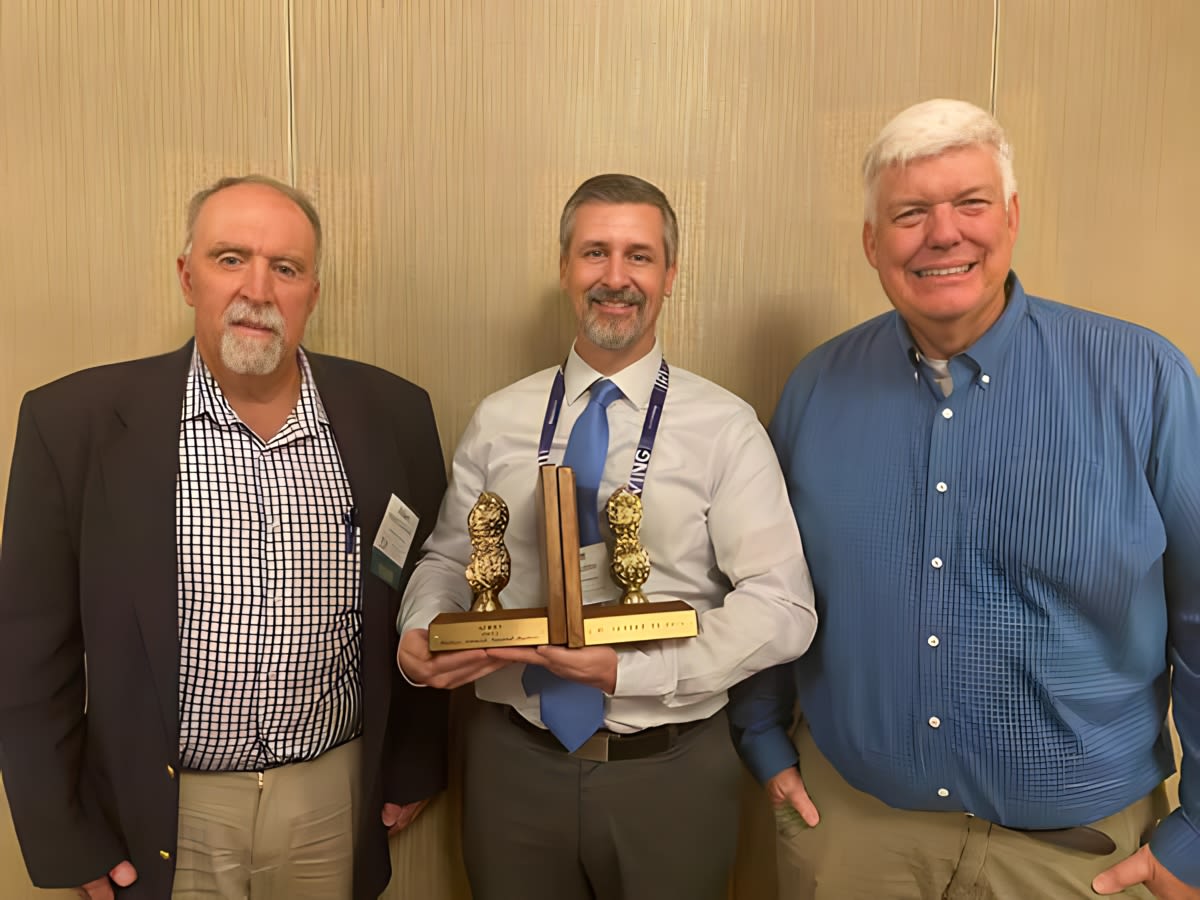
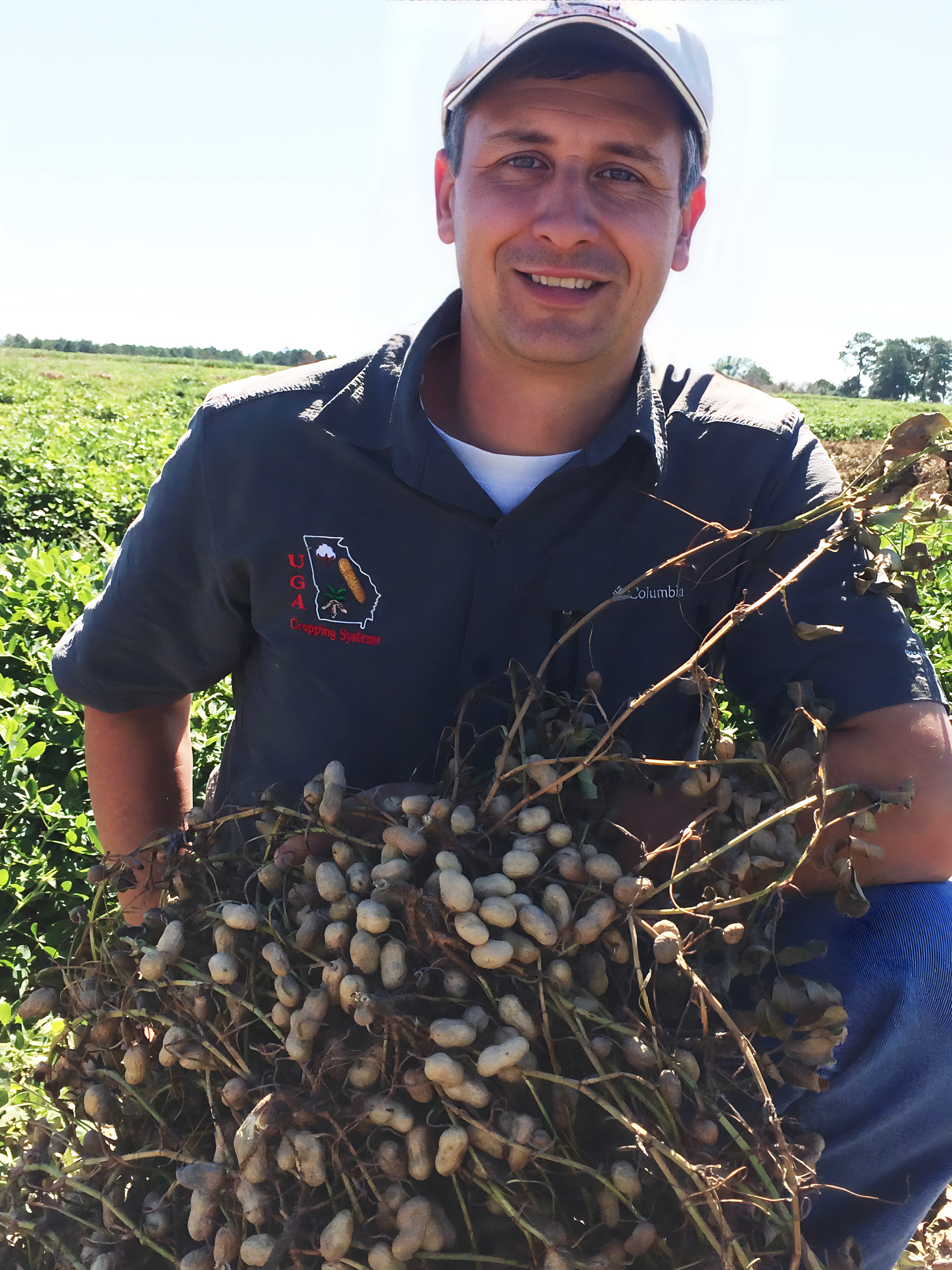

Tubbs holds up peanut plants during a Georgia Peanut Tour demonstration.
Tubbs holds up peanut plants during a Georgia Peanut Tour demonstration.

Tubbs (center) accepts the 2021 and 2022 Bailey Awards from the American Peanut Research and Education Society. Known as the "golden peanut," the award recognizes the best presentation/paper from the previous year's annual meeting, as judged by panels of peer scientists. He is joined by his co-authors and colleagues Albert Culbreath (left) and Bob Kemerait.
Tubbs (center) accepts the 2021 and 2022 Bailey Awards from the American Peanut Research and Education Society. Known as the "golden peanut," the award recognizes the best presentation/paper from the previous year's annual meeting, as judged by panels of peer scientists. He is joined by his co-authors and colleagues Albert Culbreath (left) and Bob Kemerait.

Tubbs displays freshly dug peanuts in a peanut field.
Tubbs displays freshly dug peanuts in a peanut field.
What is your proudest recent accomplishment?
In 2020 and 2022 I earned consecutive Bailey Awards, given by the American Peanut Research and Education Society, becoming the second scientist in the history of the society to win back-to-back awards.
This award recognizes the best presentation/paper from the previous year's annual meeting, as judged by panels of peer scientists. To be recognized by your peers as conducting relevant and important work for the advancement of peanut information and education is a great honor and certainly one of the proudest accomplishments of my career.
In 2022, I received the CAES Outstanding Faculty Mentor Award. This award is one of the most relevant awards I could possibly receive in my career, as it demonstrates my impact on training and preparing the next generation of scientists that will continue advancing science and resolving problems for farmers beyond my own career.
Since it required letters of support from former grad students who have gone on to great achievements of their own, it was a tremendous honor to know how I impacted their lives.
What are you currently working on, and what is the end goal of that work?
My program has garnered a lot of attention in recent years for projects to provide recommendations on the most effective methods of replanting a poor initial plant stand in peanut and cotton fields.
These projects are creating data that supports grower decisions on when and how to replant a field and the best practices for managing the crop and its maturity once replanting occurs.
The end goal is to assist growers in making the most economical decisions to improve a situation that could be devastating if not handled in a timely manner. There is a very short planting window for achieving maximum yield and being able to produce a positive revenue stream from a given field.
What is something the public should know about your work?
There are more questions to answer than we have time and manpower to address. To keep our food supply coming from domestic production and not become overly reliant on importing our food supply from other countries, we have to continue improving yield and profitability for our farmers.
There is a serious shortage of science-based information generated by researchers such as myself and my colleagues at UGA and other land-grant institutions. The applied research that field-oriented agronomists produce — especially a cropping systems agronomist who conducts long-term research that takes years to complete — is time consuming and requires significant investments of land, equipment and labor to achieve.
This type of research does not attract large funding opportunities and often doesn't “meet the metrics" of what is expected of most academic professionals. Thus, there are fewer classically trained agronomists nationwide.
This makes the relevance of this type of work even more valuable to the grower, since it is getting harder to justify and fewer people are doing this type of work.
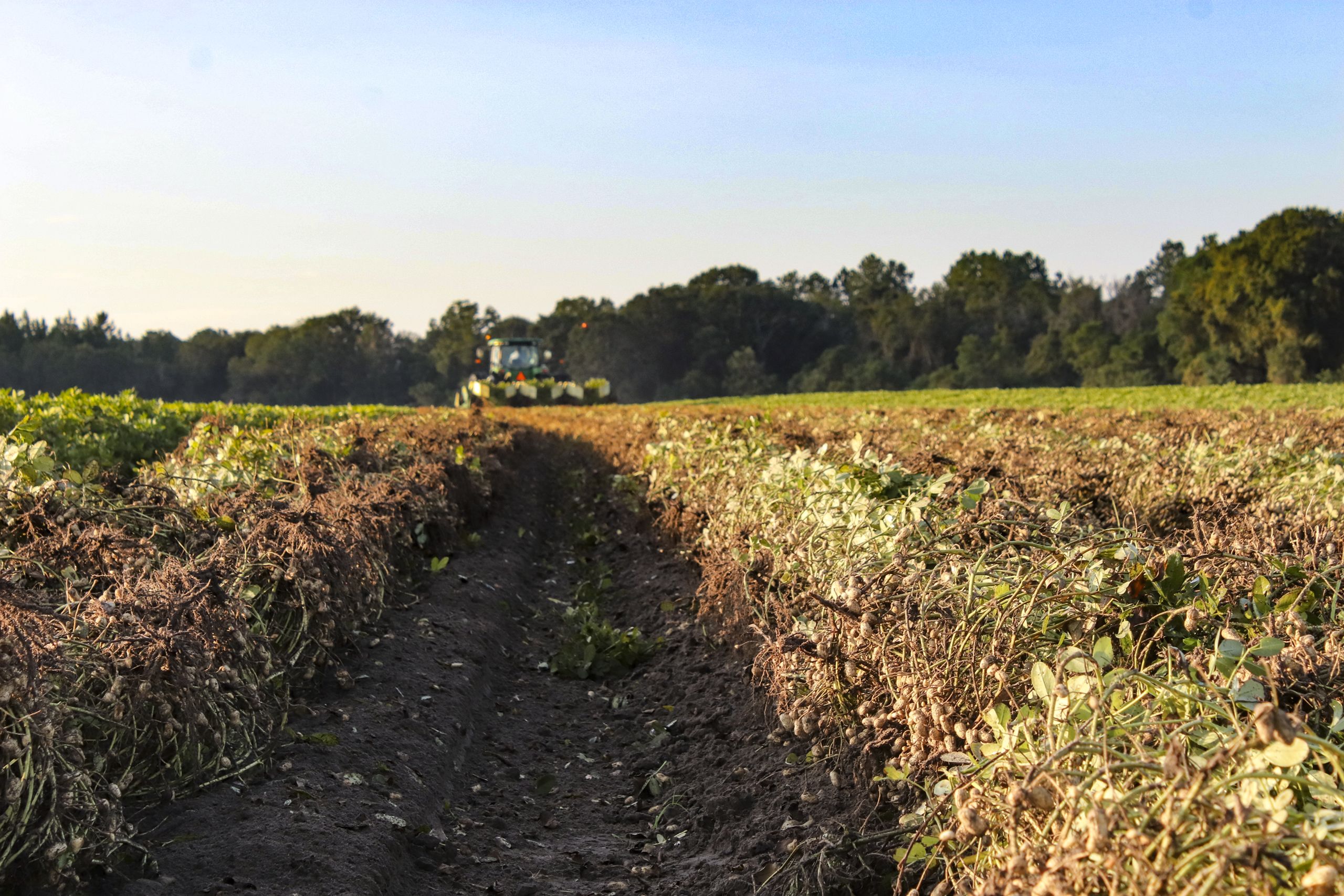
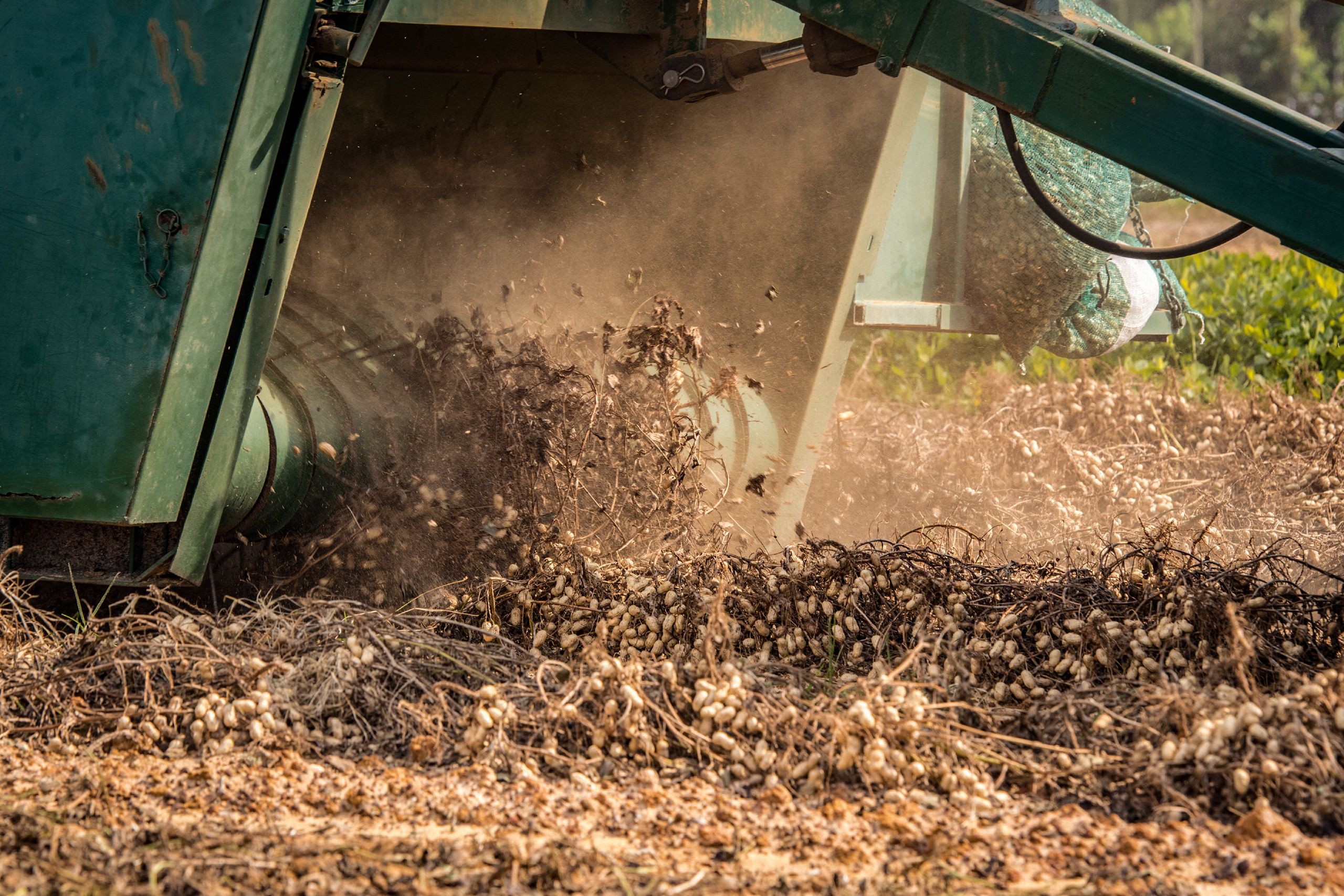
What is your favorite part about what you do?
Impacting other people's lives! Knowing that I'm providing useful information to people who need it, helping to keep our farmers profitable and in business, ensuring that we have a safe and secure domestic food supply while training students how to do the same with their careers.
It is incredibly rewarding to be able to do meaningful work that is supporting those who keep us fed.
If you could do anything else, what would it be?
I would probably be an Extension pathologist — I hear it is the greatest job in the world. At least that's what Facebook tells me. Or maybe I'd be an oyster shucker.
What is something your colleagues or students might not know about you — hobbies, interests, secret talents?
I enjoy jogging, I do at least one 15K per year, as well as traveling and both playing and watching lots of different sports, especially football.
I also love theme parks and enjoy growing veggies.


